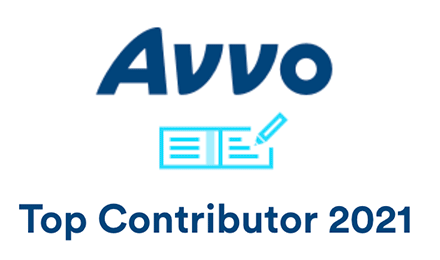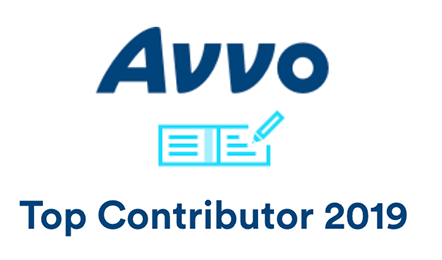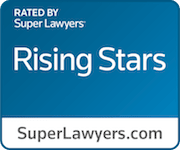Bankruptcy
PRACTICE AREAS

Manassas Bankruptcy Attorney
Bankruptcy Lawyers Serving Manassas, Virginia and the Surrounding Areas
If you are like most people, you probably have a negative view of the bankruptcy process. You might think it is an absolute last resort option that only people who are irresponsible with money take advantage of. You might also think that it does severe and permanent damage to one’s credit history.
However, nothing could be further from the truth. While filing for bankruptcy can result in a small and temporary reduction in your credit score, many if not most people who file for bankruptcy protection often improve their credit scores in the long term because they have eliminated their existing debt. Not only that, but most people who file for bankruptcy are actually hard workers who have tried to be financially responsible but have been burdened by setbacks that prove difficult, if not impossible, to overcome.
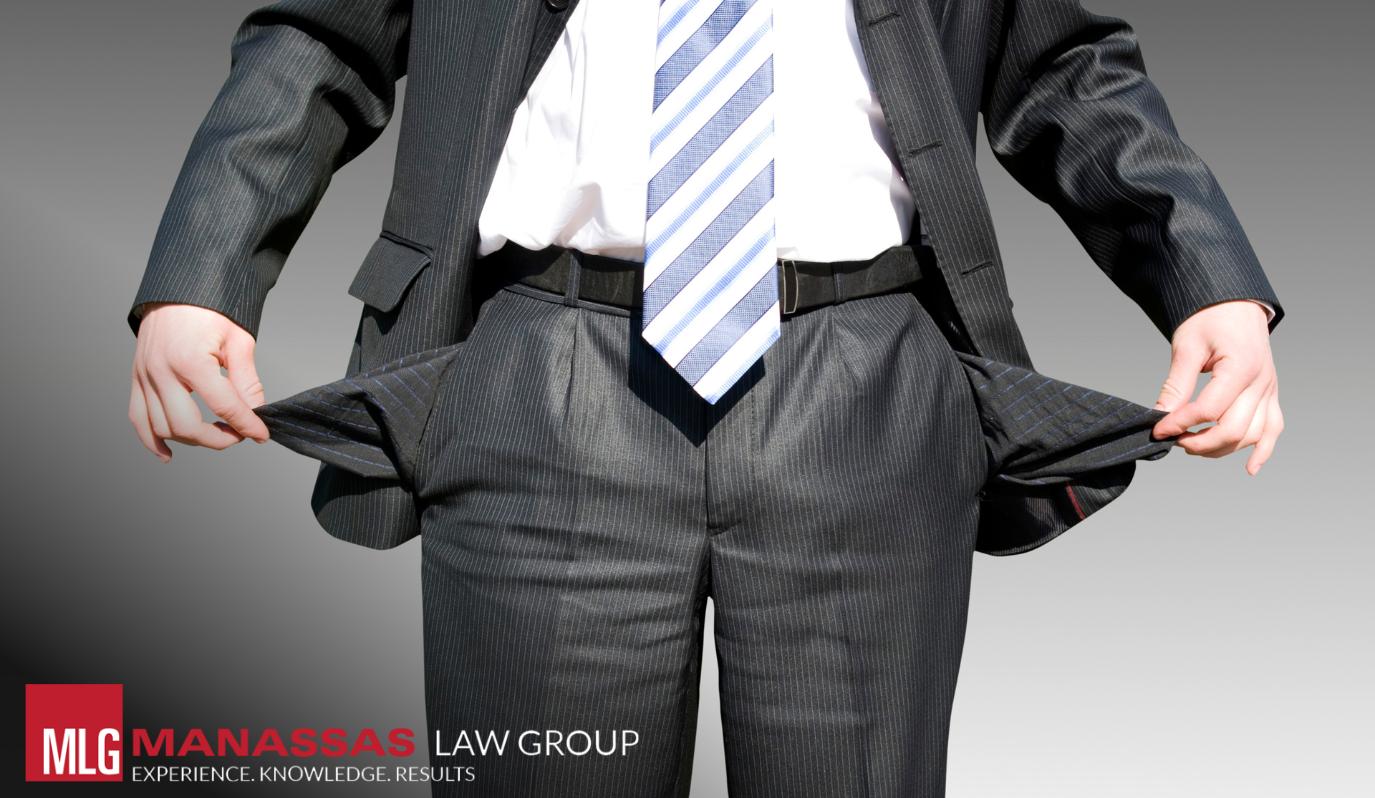
At The Manassas Law Group, our attorneys have decades of combined experience helping bankruptcy clients throughout Manassas, VA and the surrounding areas relieve their debt and start fresh on their financial journey, and we want to help you too. To speak with an experienced bankruptcy attorney from our law firm, give us a call at (703) 361-8246 or schedule a consultation online today.
How Does Bankruptcy Work?
Bankruptcy is a legal process that is designed to help individuals and businesses suffering from overwhelming debt find relief and get a fresh financial start.
In order to qualify for bankruptcy, petitioners must first pass what is called a “means test.” A means test assesses a person’s or business’s income and expenses to determine if they meet the eligibility criteria to file bankruptcy. It is designed to ensure that bankruptcy relief is reserved only for those who truly need it and cannot repay their debts on their own in their current financial state.
When filing for bankruptcy, individuals must disclose their assets and liabilities to a bankruptcy court in their jurisdiction. Assets include any property, possessions, or money they have in their name, while liabilities refer to the debts they currently owe to creditors. The court will use this information to evaluate the individual’s financial situation and decide the appropriate course of action.
Filing for bankruptcy can be an overwhelming and often complicated process, which is why many individuals choose to equip themselves with the help of an experienced Manassas bankruptcy lawyer to ensure that everything is handled properly and the process goes as smoothly as possible.
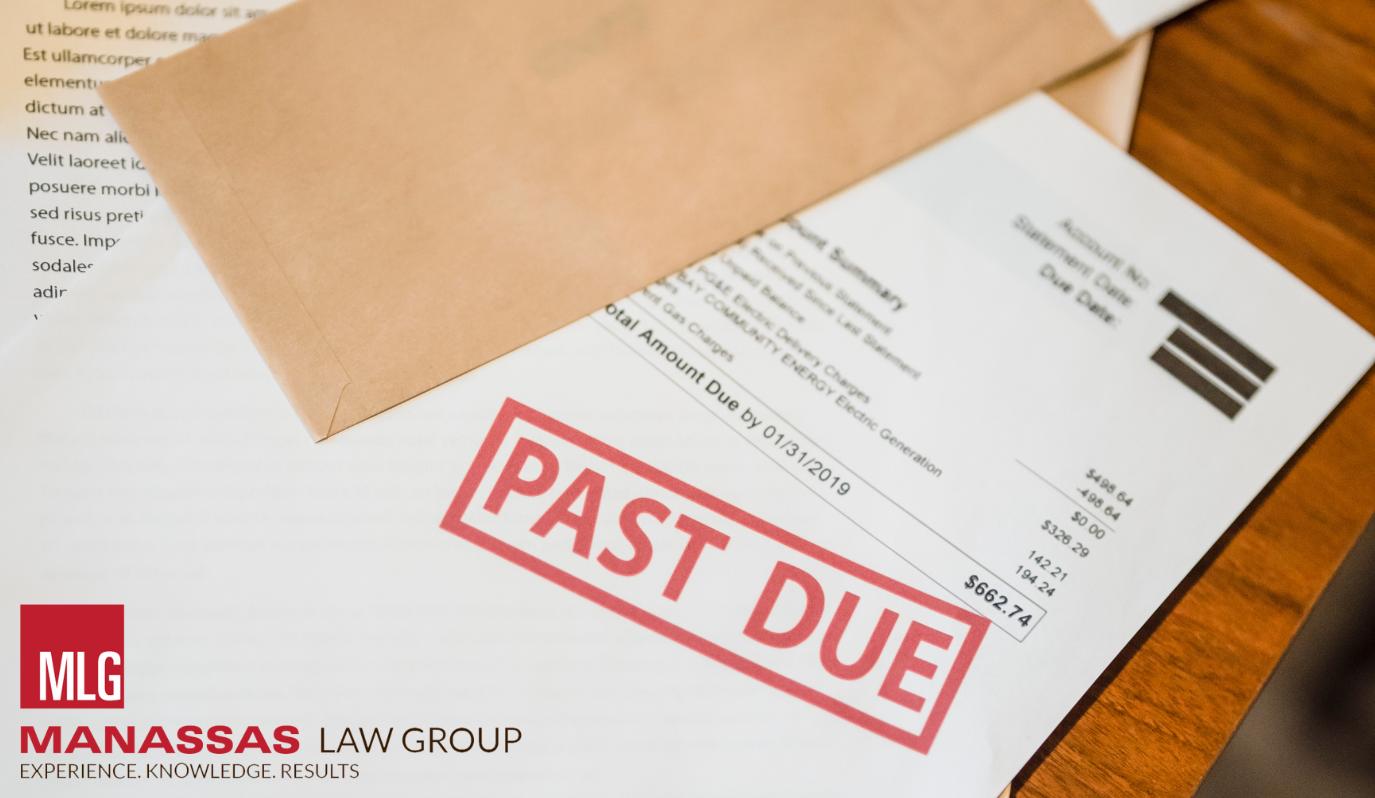
Types of Bankruptcy
There are several different types of bankruptcy under the U.S. Bankruptcy Code that individuals or entities may file for depending on their unique situation. Chapter 7 and Chapter 13 are typically the most common. We’ll touch on these below, but first, let’s briefly discuss the other chapters of bankruptcy:
- Chapter 9: Chapter 9 bankruptcy is reserved specifically for municipalities. This includes cities, towns, counties, school districts, and other public entities, allowing them an opportunity to effectively restructure their debts and finances when under severe financial distress.
- Chapter 11: Chapter 11 bankruptcy is primarily for businesses, including corporations and partnerships. By filing for Chapter 11 bankruptcy, businesses can reorganize and restructure debts while continuing operations and developing a plan to repay creditors.
- Chapter 12: Chapter 12 bankruptcy is a unique chapter of bankruptcy specifically designed for family farmers and fishermen to reorganize their debts while continuing their agricultural or fishing operations.
- Chapter 15: Another unique bankruptcy chapter, Chapter 15 deals with cross-border insolvency cases. What this means is it is used to provide cooperation between the U.S. and foreign courts when a bankruptcy case involves assets or parties in different countries.
Chapter 7 Bankruptcy
The most common type of bankruptcy is Chapter 7 bankruptcy, also known as liquidation bankruptcy. This chapter of bankruptcy is available to both individuals and businesses struggling with overwhelming debt. In order to qualify, petitioners must pass the aforementioned means test to prove that their income is lower that the state’s median income for a household of their size.
Upon filing a Chapter 7 bankruptcy petition, an “automatic stay” goes into effect, which provides immediate relief from creditor actions. During the process, non-exempt assets may be sold (aka liquidated) by a court-appointed trustee to repay creditors. Meanwhile, eligible debts are typically discharged and relieve the debtor from any further legal obligations to repay them. Virginia law determines which assets are exempt from liquidation, such as vehicles, homes, and retirement accounts, allowing debtors to keep certain essential possessions. The entire process typically takes a few months (around 6), and once filed, the bankruptcy will remain on the debtor’s credit report for 10 years.
Chapter 13 Bankruptcy
Chapter 13 bankruptcy, also known as reorganization bankruptcy, allows individuals with regular income to develop a structured repayment plan to pay back their debts over a period of three to five years.
To initiate the process, the debtor must file a bankruptcy petition with the bankruptcy court in their area as well as a proposed repayment plan highlighting how they intend to repay their creditors. Like with Chapter 7, an automatic stay is put into effect immediately upon filing which stops creditors from seeking repossession, foreclosure, wage garnishment, and other attempts at debt collection via both phone calls and mail. A bankruptcy trustee appointed by the court will review the proposed plan, and if approved, the debtor will make regular payments to the trustee. The trustee will then distribute these funds to designated creditors.
At the end of the repayment period, if the debtor has fulfilled the plan’s requirements, any remaining eligible debts may be discharged. Rather than 10 years, Chapter 13 stays on a debtor’s credit report for 7 years following a filing.

Benefits of Filing for Bankruptcy
Although many people think of bankruptcy as a negative thing that should be avoided at all costs, there are actually several benefits that may come with filing for bankruptcy. For example, filing for bankruptcy:
- Stops creditor harassment
- Resolves debts while protecting certain assets
- Stops foreclosures, seizures, and repossessions
- Reduces stress
- Provides a financial fresh start for struggling businesses and individuals
Most Common Reasons for Bankruptcies
Individuals and businesses can become plagued by debt and require bankruptcy relief for any number of reasons. However, some of the most common reasons for bankruptcy include:
- The accumulation of expensive medical bills
- Job loss or reduced income
- The financial strain of divorce or separation
- Excessive credit card debt
- High mortgage payments
- Legal judgments
- Unexpected costs and expenses (i.e. car accidents, natural disasters, home repairs, etc.)
- Mismanagement of finances
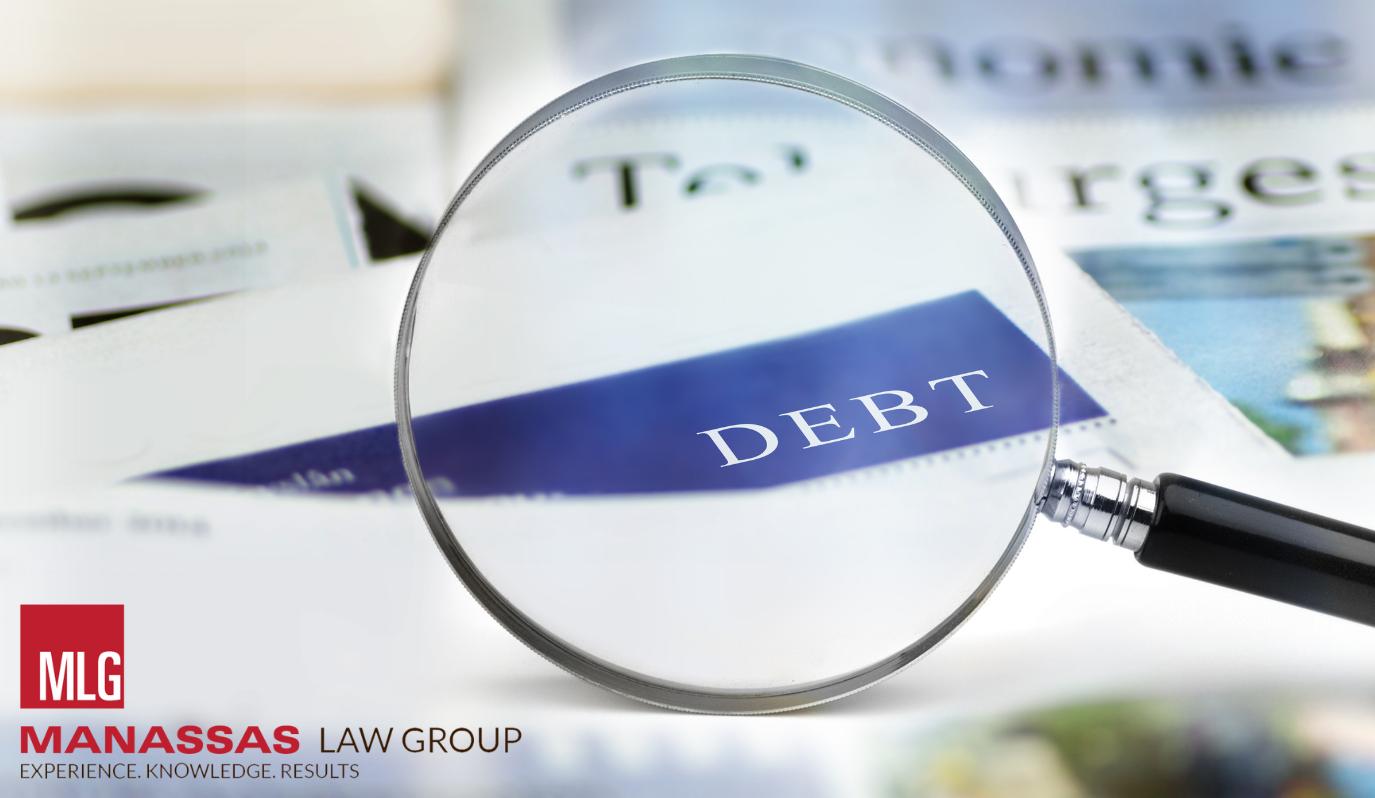
Should I File for Bankruptcy?
At The Manassas Law Group, our bankruptcy lawyers in Manassas, Virginia have been helping clients all across Northern Virginia for decades. Our attorneys know that the hardest part of the bankruptcy process for most of our clients is getting them to understand that it is not only an option for them, but also that it is a good option.
When you reach out for help from our experienced law firm, we can quickly determine if you are a good candidate for either Chapter 7 or Chapter 13 bankruptcy relief. There are many factors we will look at, including:
- Your total debt
- Types of debt issues, such as credit cards, medical bills, and student loans
- Any sources of income
- Important property you own, especially a home
We can also provide answers to many of the most frequently asked questions about the bankruptcy process and address any concerns you may have. If you are considering filing for bankruptcy, we encourage you to reach out to us as soon as possible to learn more about your legal options and what a bankruptcy filing may be able to do for you.

To Learn More About Your Options, Call a Manassas Bankruptcy Attorney at MLG Today
At The Manassas Law Group, we are a debt relief agency committed to helping people file for bankruptcy relief under the U.S. Bankruptcy Code. When you secure legal help from our qualified VA lawyers, we will work with you to create a plan that will protect the things that matter most while addressing your financial debts and helping you turn over a new leaf. As a full-service law firm, we can also help you with anything from estate planning to personal injury claims, family law sevices, criminal defense, and all related practice areas.
To speak with a qualified Prince William County bankruptcy attorney, identify your legal needs, and begin developing a legal strategy, contact our law firm today. You can reach us by phone at (703) 361-8246 or by scheduling an initial consultation through the convenient intake form found on our Contact Page.

Contact Us
If you face overwhelming debt, don’t assume it’s all your fault, and don’t assume you don’t have options. Call 703-361-8246 to speak with a lawyer at The Manassas Law Group. Call 703-361-8246
To learn more, check out some of our related blog posts below:




